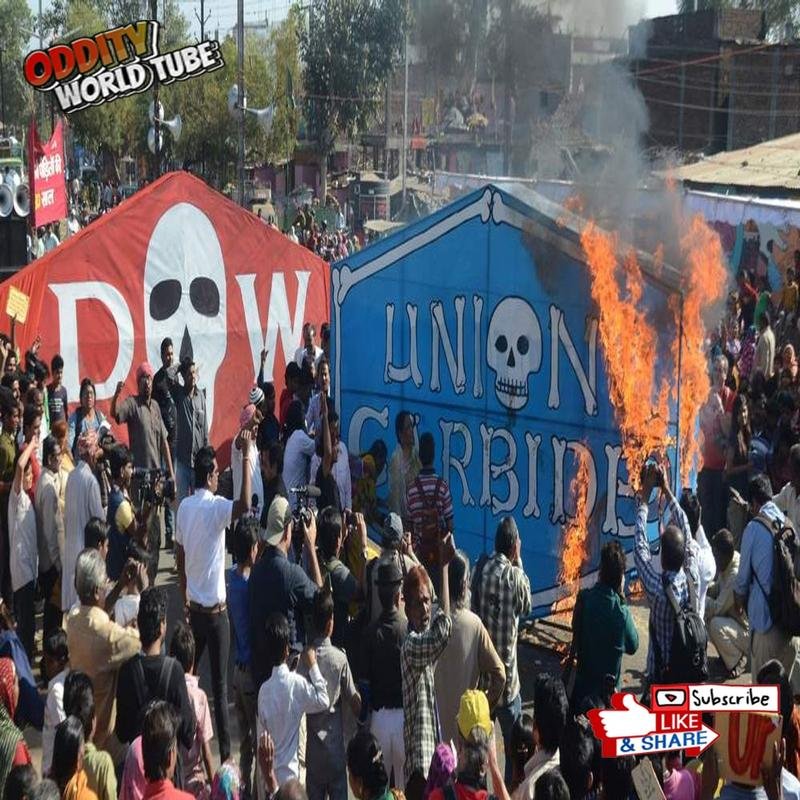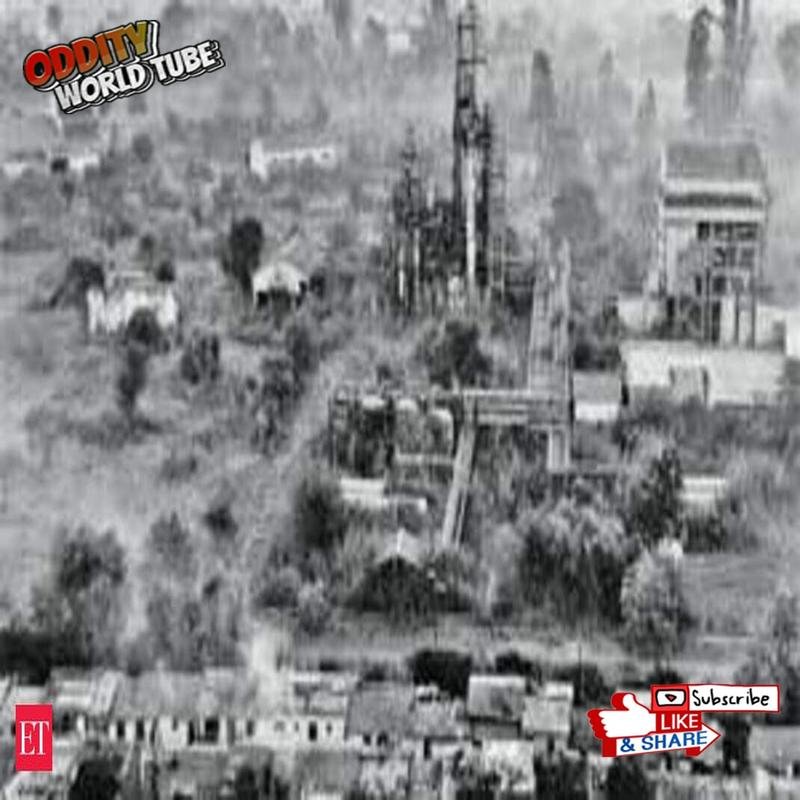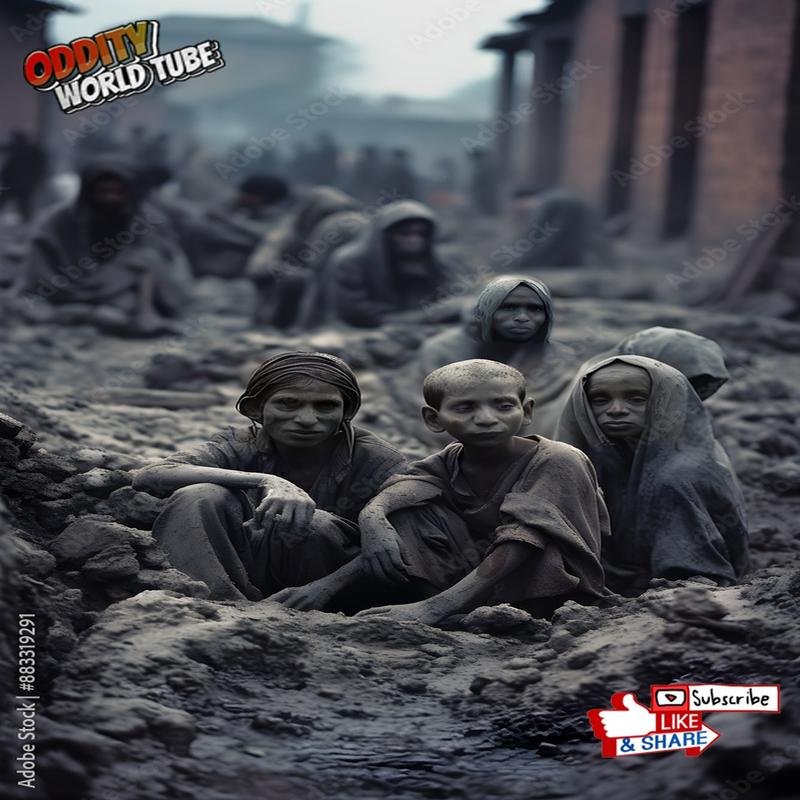The Lhothiar Tragedy: Unraveling the Secrets of India’s Worst Industrial Explosion

Bhopal Gas Tragedy: India’s Devastating Industrial Disaster
The 1984 Bhopal gas tragedy, a catastrophic industrial accident in Bhopal, India, serves as a stark reminder of the devastating consequences of industrial negligence. On December 3, 1984, a massive leak of methyl isocyanate (MIC) gas from the Union Carbide India Limited (UCIL) pesticide plant resulted in an estimated 3,800 immediate fatalities and over 558,125 injuries, according to Indian government data. The rapidly spreading gas engulfed densely populated slums surrounding the plant, triggering a widespread humanitarian crisis.
Long-Term Health Consequences
Survivors continue to suffer severe long-term health consequences, including chronic respiratory illnesses, ophthalmological disorders, neurological damage, and elevated cancer risks. Studies have documented permanent damage to lungs, kidneys, and livers resulting from MIC exposure, along with significant reproductive health impacts, such as increased miscarriage rates and birth defects.
Causes and Negligence
Investigations revealed systemic failures and negligence on the part of Union Carbide. The plant experienced recurring technical malfunctions, inadequate maintenance, and insufficient safety protocols. Pre-accident staff reductions further compromised oversight and operational control. Reports also indicate the company disregarded warnings regarding the inherent risks associated with storing large quantities of MIC.
Aftermath and Legal Battles
The tragedy ignited widespread public outrage in India and internationally, prompting activists and human rights organizations to demand accountability from Union Carbide and compensation for the victims. The Indian government filed lawsuits in both Indian and American courts, seeking substantial financial redress. Following years of litigation, Union Carbide agreed to a $470 million settlement, a sum widely considered inadequate given the scale of the disaster and the extent of human suffering.
Economic and Social Repercussions
The Bhopal disaster had profound economic and social repercussions for the city and its inhabitants. Many lost their livelihoods, and living conditions in the affected areas deteriorated significantly. Environmental contamination of soil and groundwater by toxic chemicals persists, hindering access to clean water and a healthy environment.
Lessons Learned and Future Prevention
In the aftermath of the disaster, measures were implemented to enhance industrial safety and prevent similar occurrences. The Indian government strengthened factory safety regulations and established specialized oversight bodies. Industries increased safety investments and adopted improved risk management practices. However, significant efforts remain necessary to ensure worker and public safety in industrial settings.
The Bhopal tragedy serves as a critical case study in industrial safety and corporate responsibility. Companies must prioritize worker and public safety by investing in appropriate safety measures and comprehensive training programs. Governments must enforce stringent regulations and hold companies accountable for safety failures. Civil society must actively monitor industrial operations and advocate for victims’ rights.
Conclusion
The enduring legacy of Bhopal underscores the devastating consequences of negligence and corporate malfeasance. We must learn from this tragedy and collaborate to prevent its recurrence. We must strive for a world where safety and environmental protection are paramount in industrial development, a world that respects human rights and protects the health and well-being of all. The anniversary of this catastrophe evokes sorrow and anger, but also inspires hope for a better future. We must draw strength from the resilience of survivors and the power of civil society, working together to build a safer and more just world. The Bhopal tragedy remains a stain on humanity, a constant reminder of the terrible price paid for negligence and greed. We must never forget the victims and must continue to pursue justice and prevent the repetition of this tragedy. The lessons learned from Bhopal must guide us in creating a safer and more sustainable world for all.








